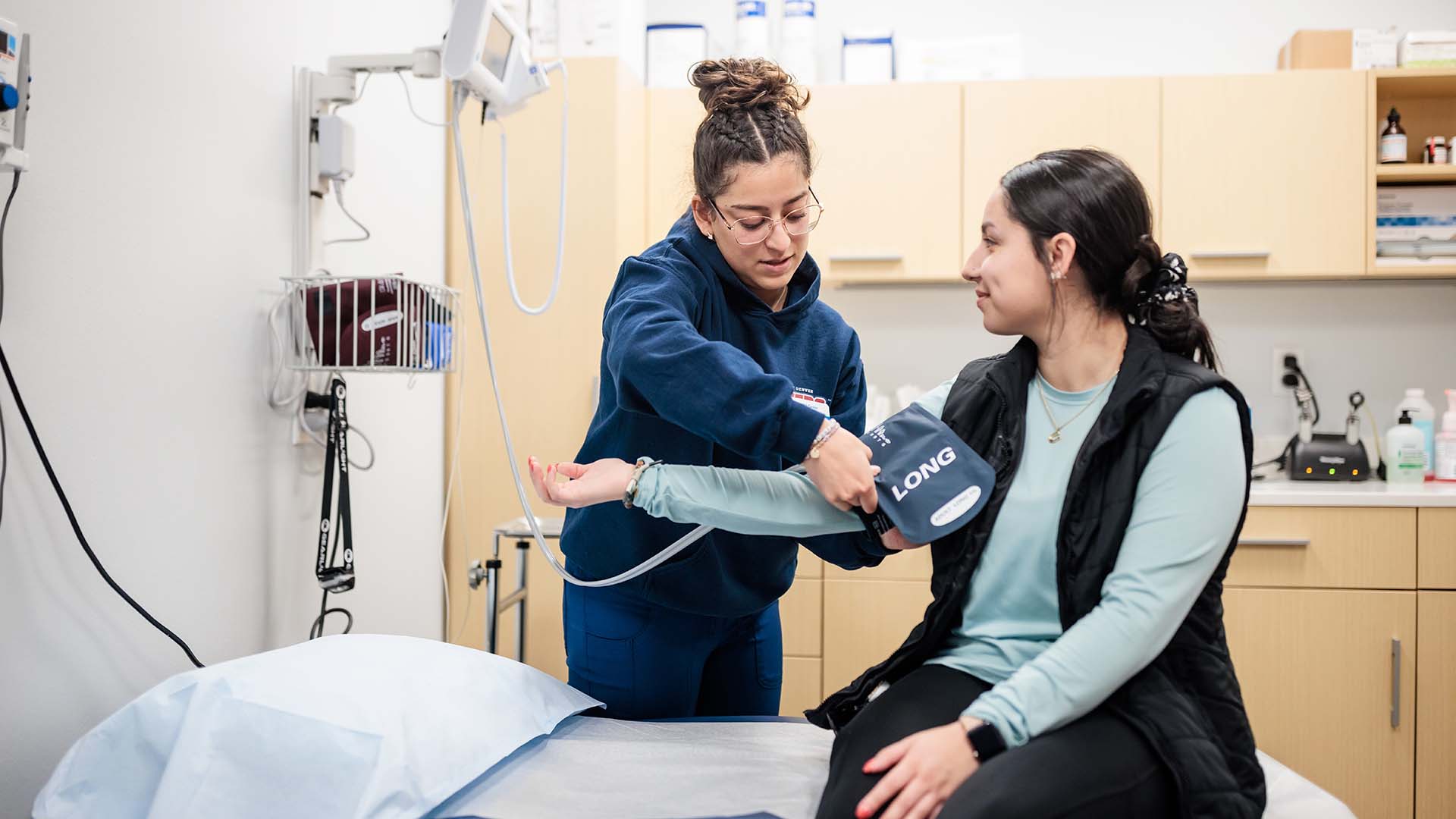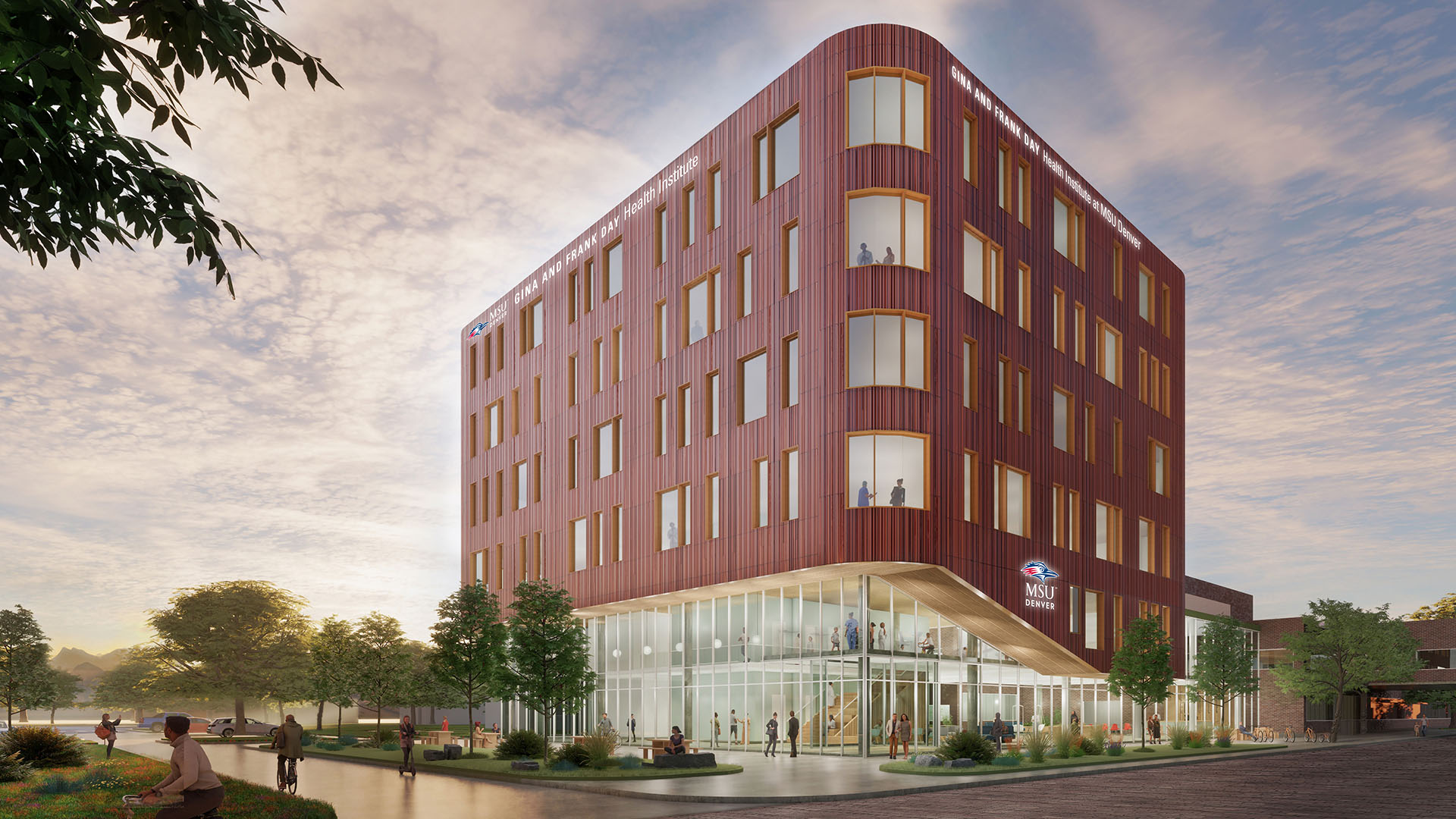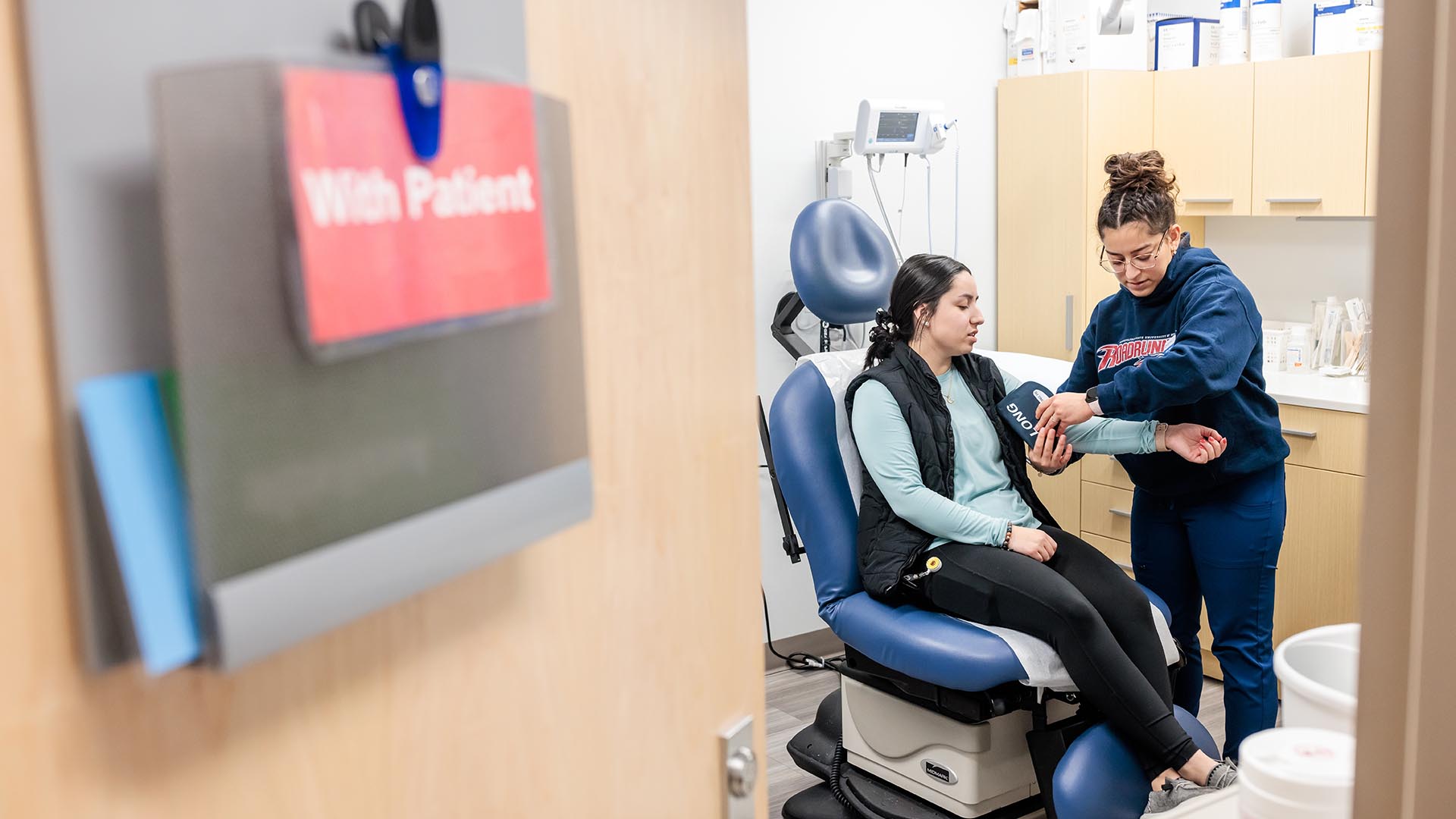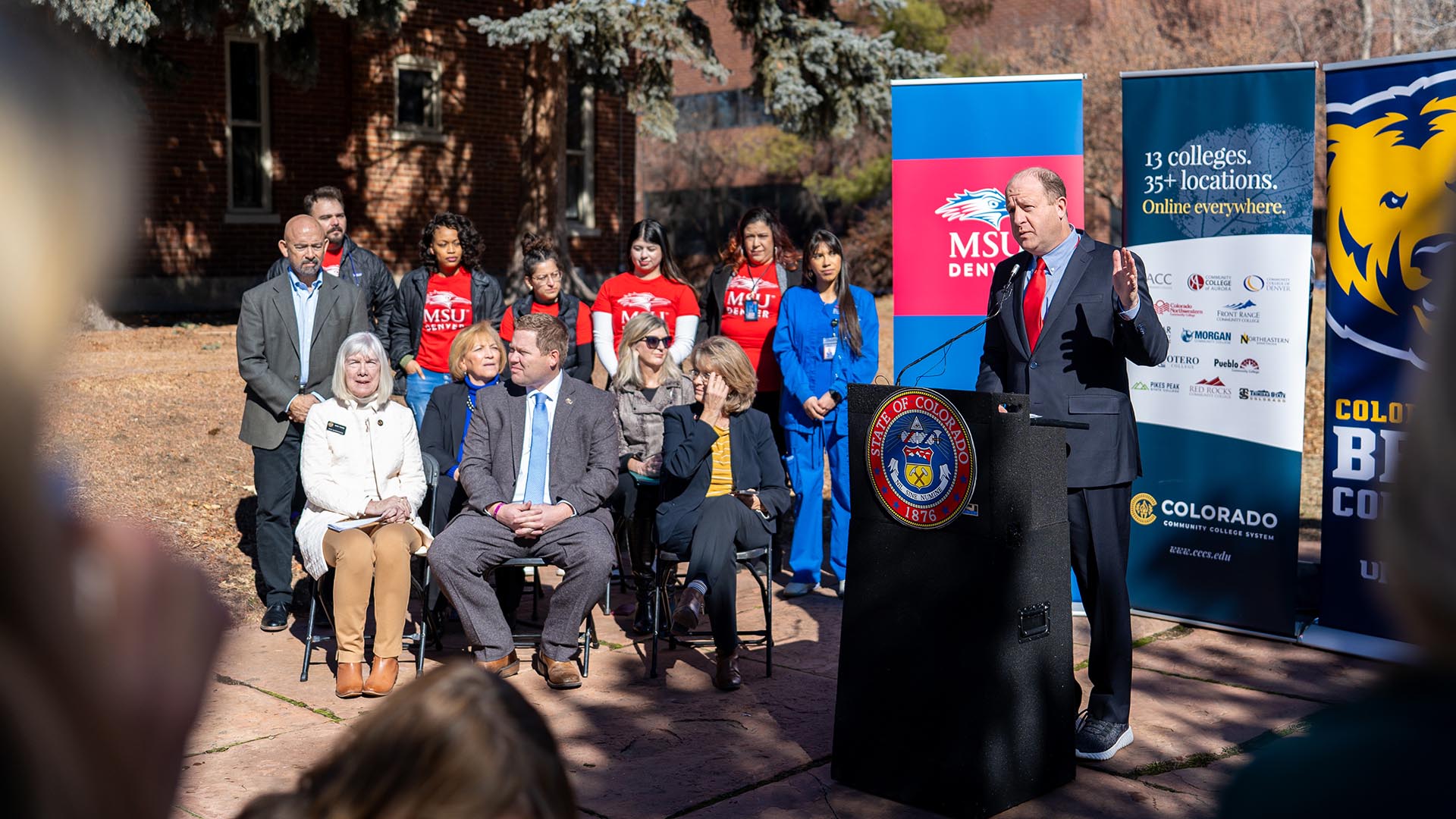The case for bicycling
Ditching your car for pedal power can save money, add years to your life and improve your mood.

Why don’t Denverites ride bicycles more and drive less?
That’s the big question for Aaron Johnson, an affiliate faculty member in Metropolitan State University of Denver’s Department of Sociology. His research explores the social dimensions of bicycle transportation, including the sometimes-contentious relationship between cyclists and motorists.
With Denver’s annual Bike to Work Day coming up Wednesday, the cycling expert and enthusiast is excited to see more cyclists on the city’s 100-plus miles of bike lanes.
“Events like (Bike to Work Day) are important,” Johnson said. “They help people to become more enthusiastic about seeing themselves actively biking more.”
But as you’re pedaling to work, the many positive long-term effects of cycling more may not be so clear. RED took a ride with Johnson to learn more about the benefits of two-wheel transit and pick up some tips for aspiring bike commuters.

Save money
The financial advantages are many – for the rider and their community, Johnson said.
For instance, he pointed to research from the U.S. Department of Transportation indicating that, on average, families in urban areas can save up to $10,230 annually by giving up a car.
“Compact, connected communities allow residents to use less energy and spend less money to get around – whether by making fewer or shorter car trips, or using other less expensive modes of transportation like bicycling, walking, or transit,” Johnson said.
Cycling can also save communities money. In Portland, Oregon, for instance, the city’s entire bicycle infrastructure – which is widely regarded as one of the best systems in the nation – was completed for the cost of one mile of urban freeway construction.
Get on your bikes and ride!Interested in biking more but not sure where to begin? Here are a few tips from Bertelsen and Johnson to get you rolling in no time.
|
|
Live longer
Perhaps the most compelling data points, however, are the ones that reduce health care-costs and add years to our lives.
“According to French researchers, bicycling reduces health-care costs on average by about $1,800 per year for people who commute at least three miles to work by bicycle,” Johnson said. “Even more notable is research from Europe that suggests riding a bike for one hour extends the average rider’s life by the same amount of time.”
That’s because cycling, similar to other aerobic activities, provides increased cardiovascular health, improved muscular strength and increased joint mobility and can contribute to a decrease in body fat, said Sue Bertelsen, professor of human performance and sport at MSU Denver.
Though the exercise you’ll get from trading in four wheels for two depends on several factors – such as frequency of rides, time on the bike, intensity of the ride and individual fitness level – a five-mile bike commute might be similar to a moderately paced elliptical workout or 30-minute power walk.
“The biggest benefit is that it encourages movement,” Bertelsen said. “It provides guidance and support for trying alternative transportation; it’s a healthier option than sitting in traffic.”

Improve your mood
In addition to getting folks moving, there’s another benefit that comes from avoiding vehicular congestion: less stress.
“The mental benefits (of biking) range from decreased stress levels to improved concentration to stronger self-image,” Bertelsen said.
Biking to work is a good way to improve your mood in the office, Johnson added.
“If you’re stuck in traffic, you’re more likely to be angry,” he said. “Riding a bike is a much more pleasant way to start your day, especially with the nice Colorado weather – you might see the neighbor walking the dog and stop to say hi. There’s a real social benefit there.”
The Auraria Campus Bike to Work Day station will be at 1100 Curtis from 6:30-9 a.m. on Wednesday, offering bike tune-ups, breakfast burritos from Los Molinos, coffee from Starbucks and other giveaway items.







